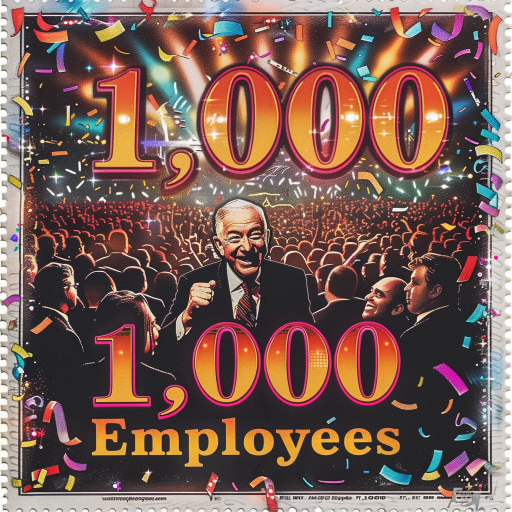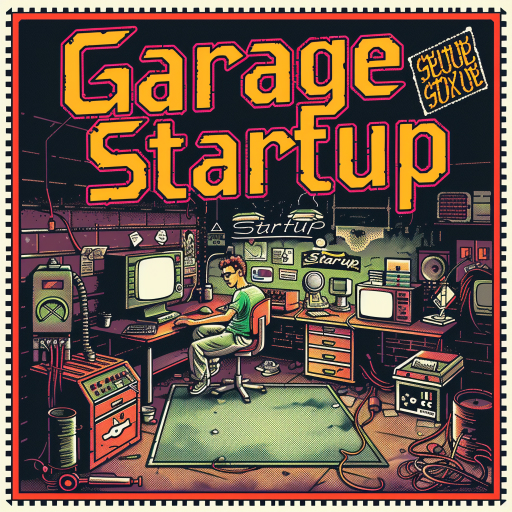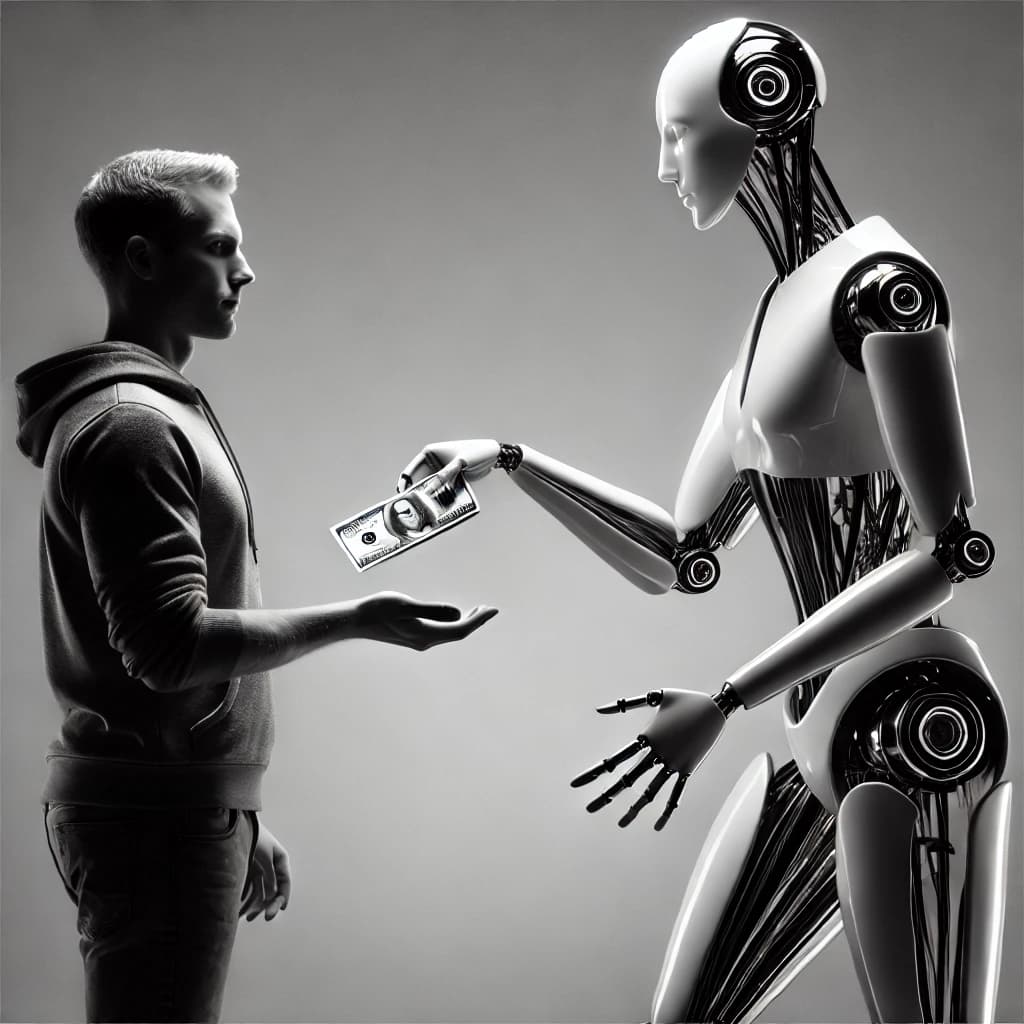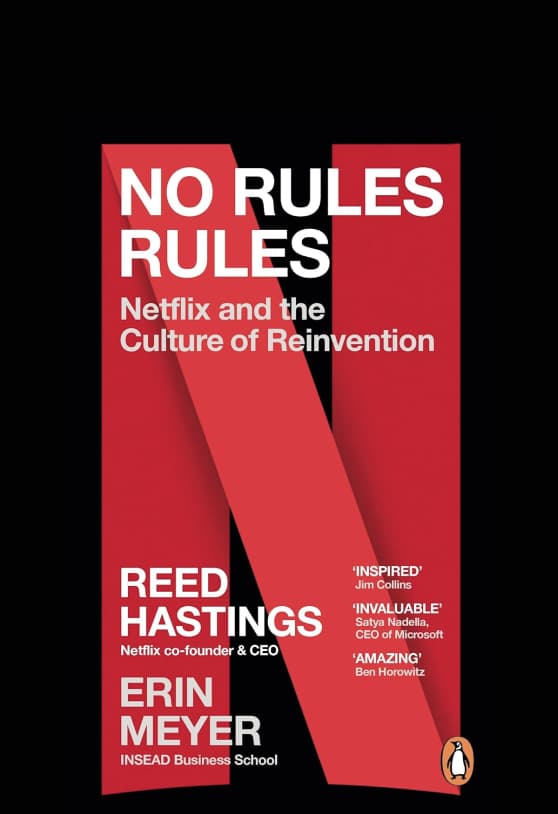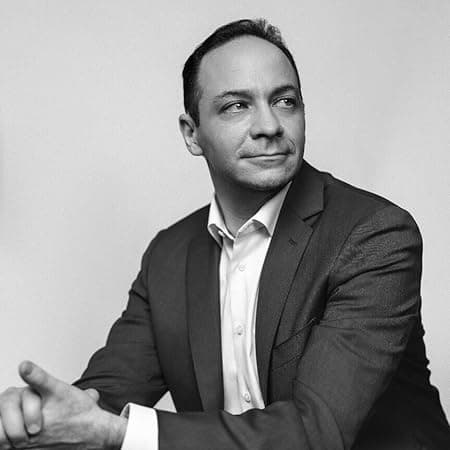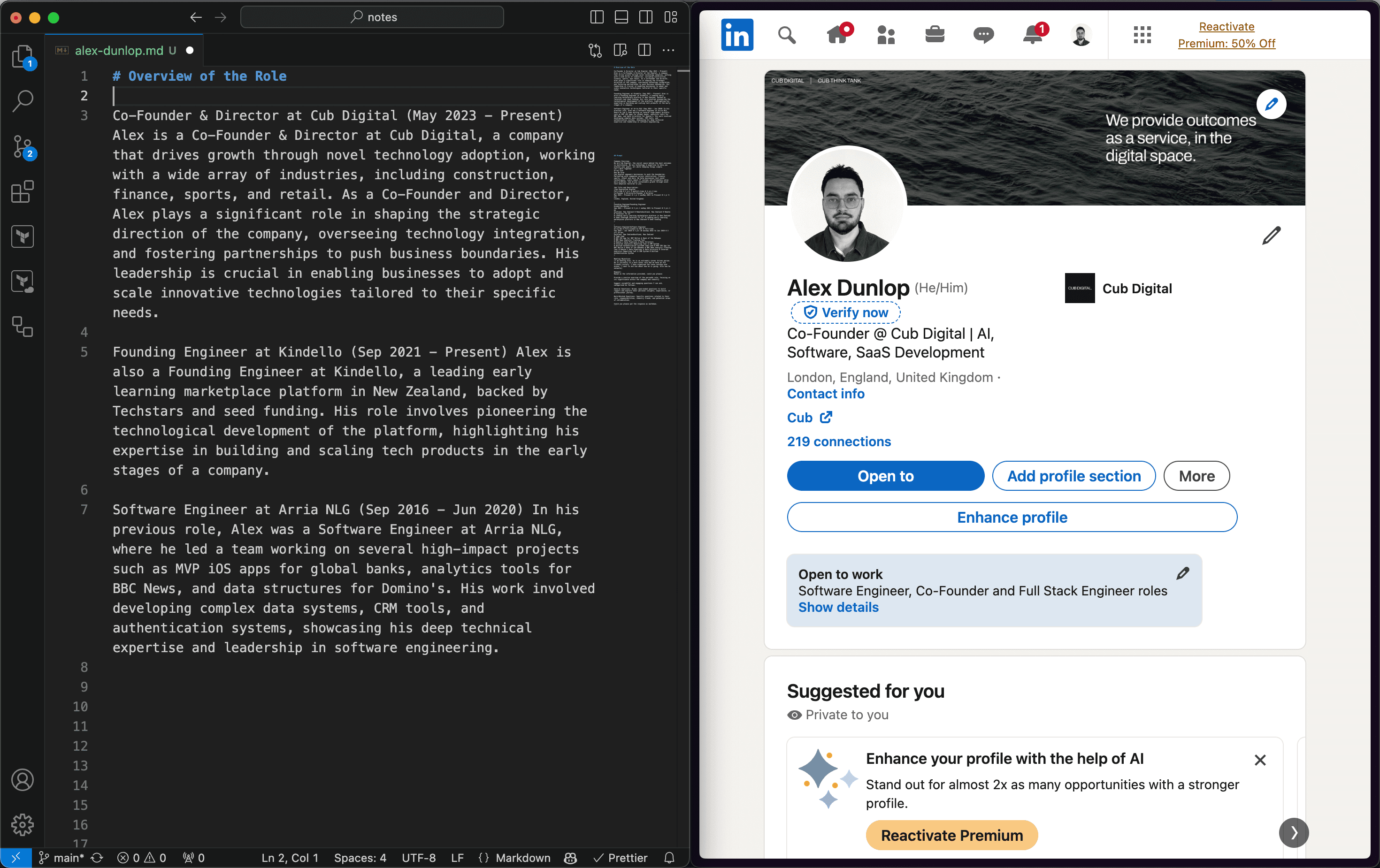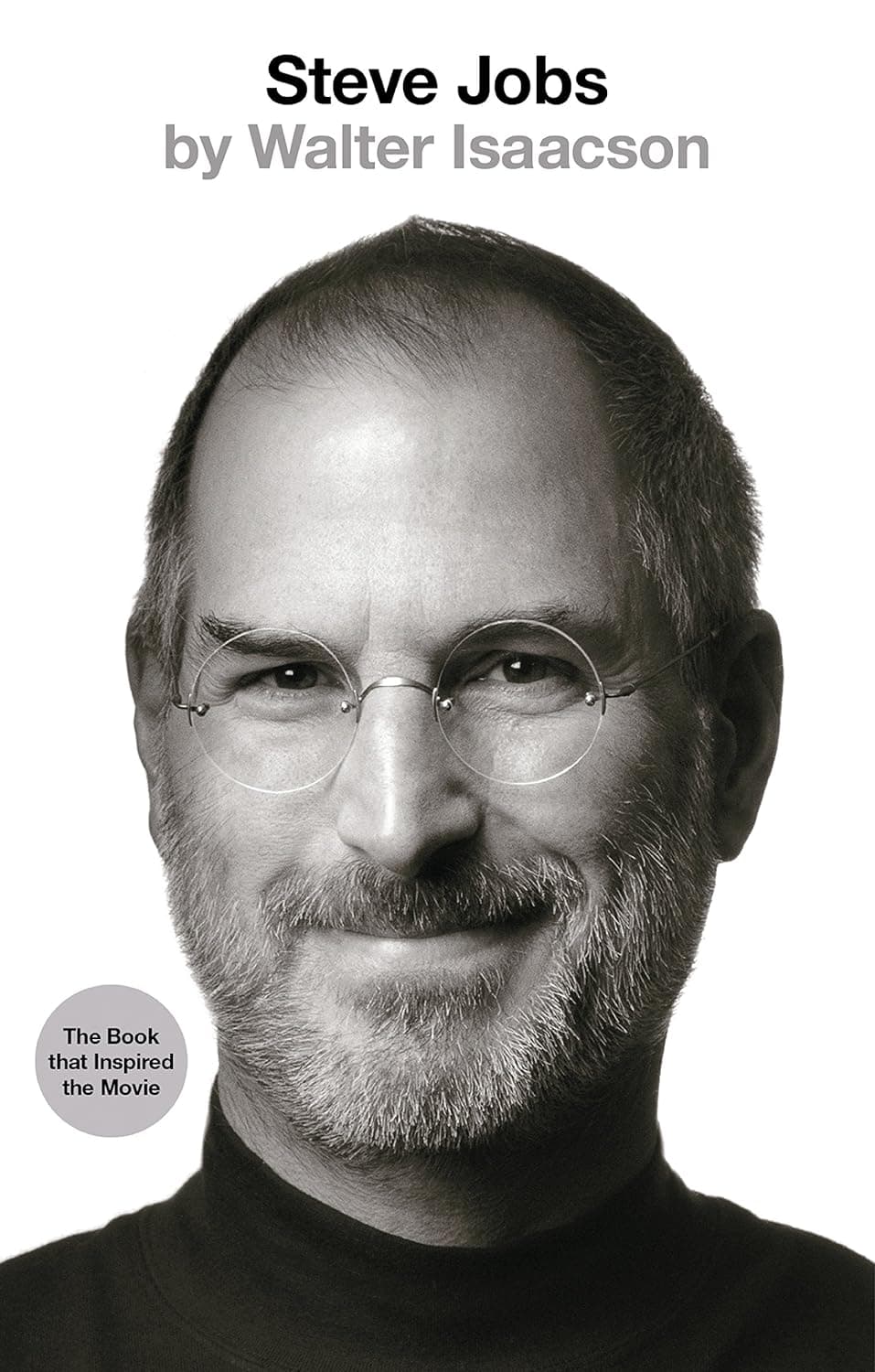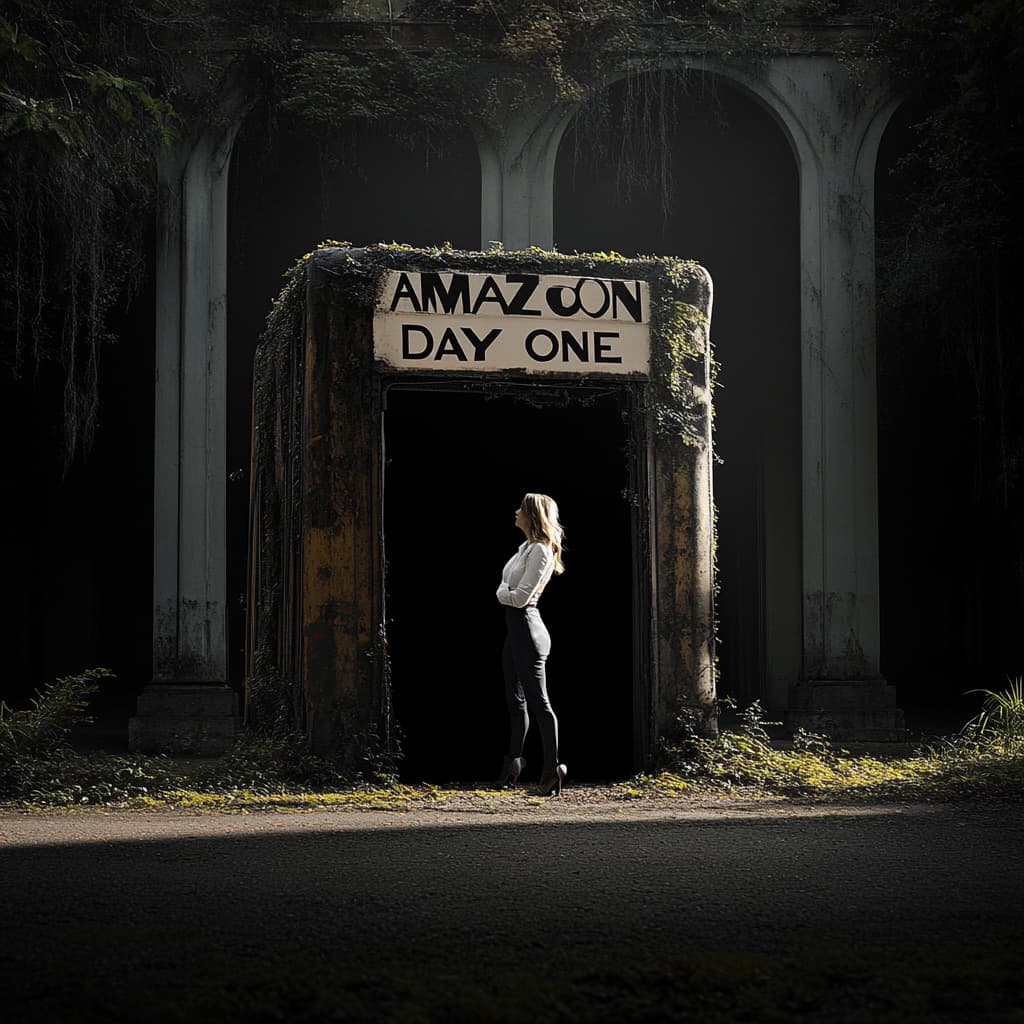Scaling to 1000 employees in 1460 days
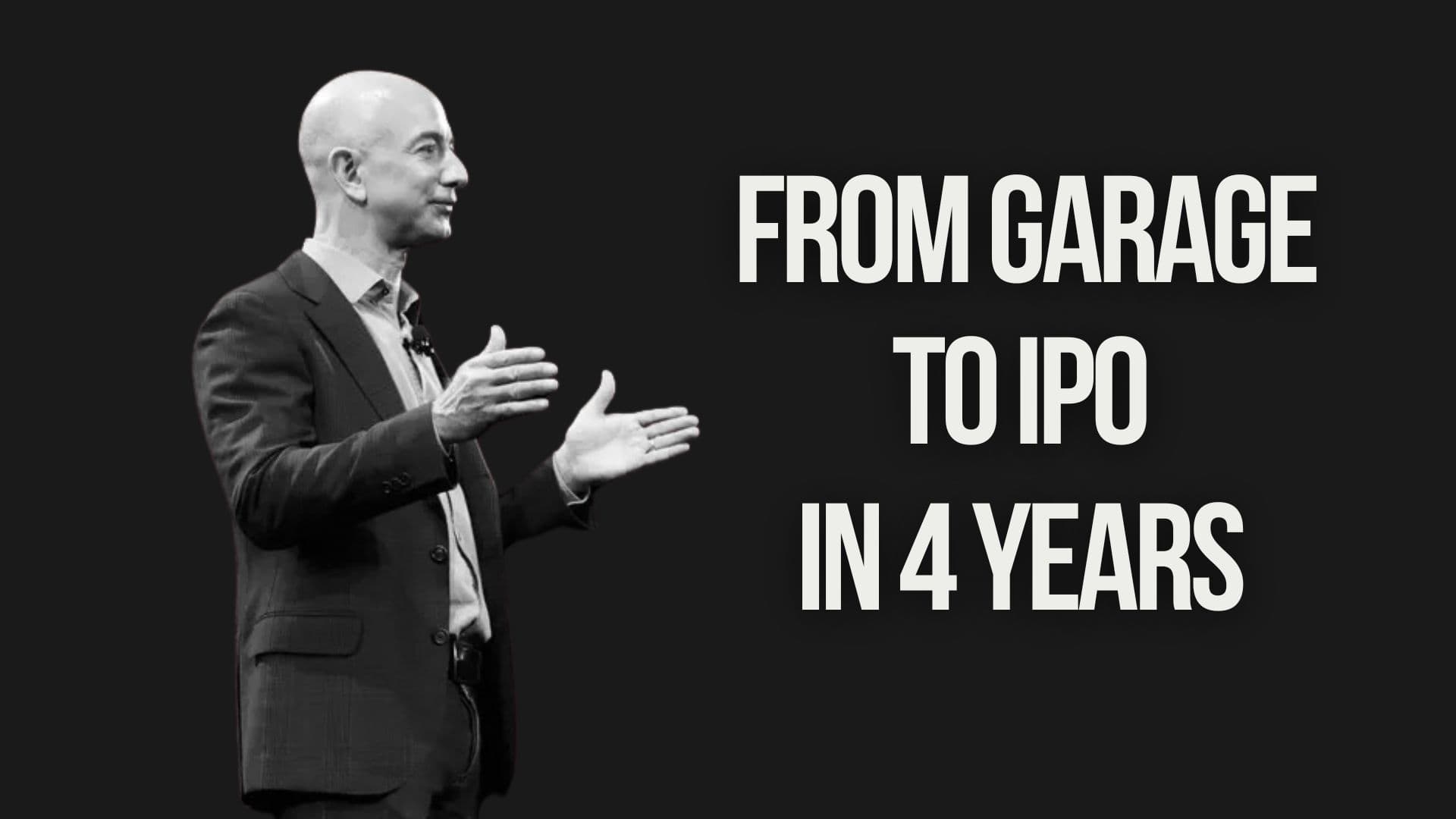
GET THE #1 EMAIL FOR EXECUTIVES
Subscribe to get the weekly email newsletter loved by 1000+ executives. It's FREE!
Before we dive into a breakdown of this remarkable video, which is Jeff Bezos "first longest talk documented" I just wanted to comment on his customer service obsession. After a quick survey of who in the audience had used Amazon, he didn't just move on. Instead, he made an offer:
"I invite those people to come to me and get a handshake of thanks and also I'd love to hear how we can improve the customer experience for you."
This wasn't just polite small talk; it was a CEO actively seeking feedback from his customers, in 1994, even in a formal lecture setting.
The Petri Dish
In the spring of 1994, Jeff Bezos, a young Wall Street qu , stumbled upon a statistic that would change his life - and the face of retail forever.
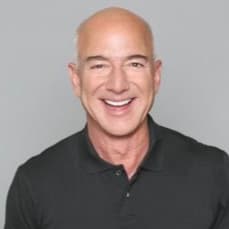
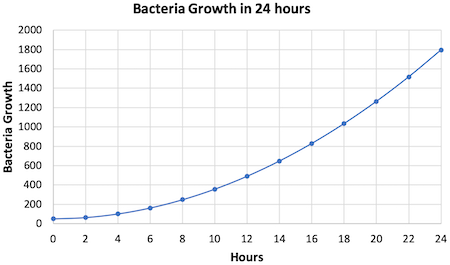
A typical petri dish growth rate
This staggering growth rate wasn't just a number to Bezos; it was a call to action. He immediately set out to find "the first best product" to sell online. His choice? Books. Why? As Bezos explained, "There are more items in the book space than there are items in any other category by far."
Bezos' choice of books wasn't just a gut feeling; it was backed by hard numbers. "There are over 3 million different books worldwide in all languages," he explained, dwarfing other product categories. For comparison, he noted, "The number two product category in that regard is music. There are about 300,000 active music CDs."
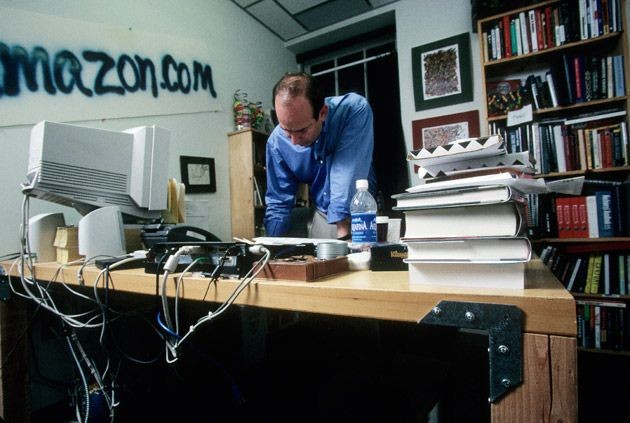
A photograph of Amazon's earliest office
This vast catalog offered a unique opportunity. Traditional brick-and-mortar bookstores, even the largest superstores, were severely limited in their inventory. "The largest physical bookstores," Bezos pointed out, "can only carry about a hundred and seventy-five thousand titles." Amazon, on the other hand, could list over two and a half million titles in their online catalog.
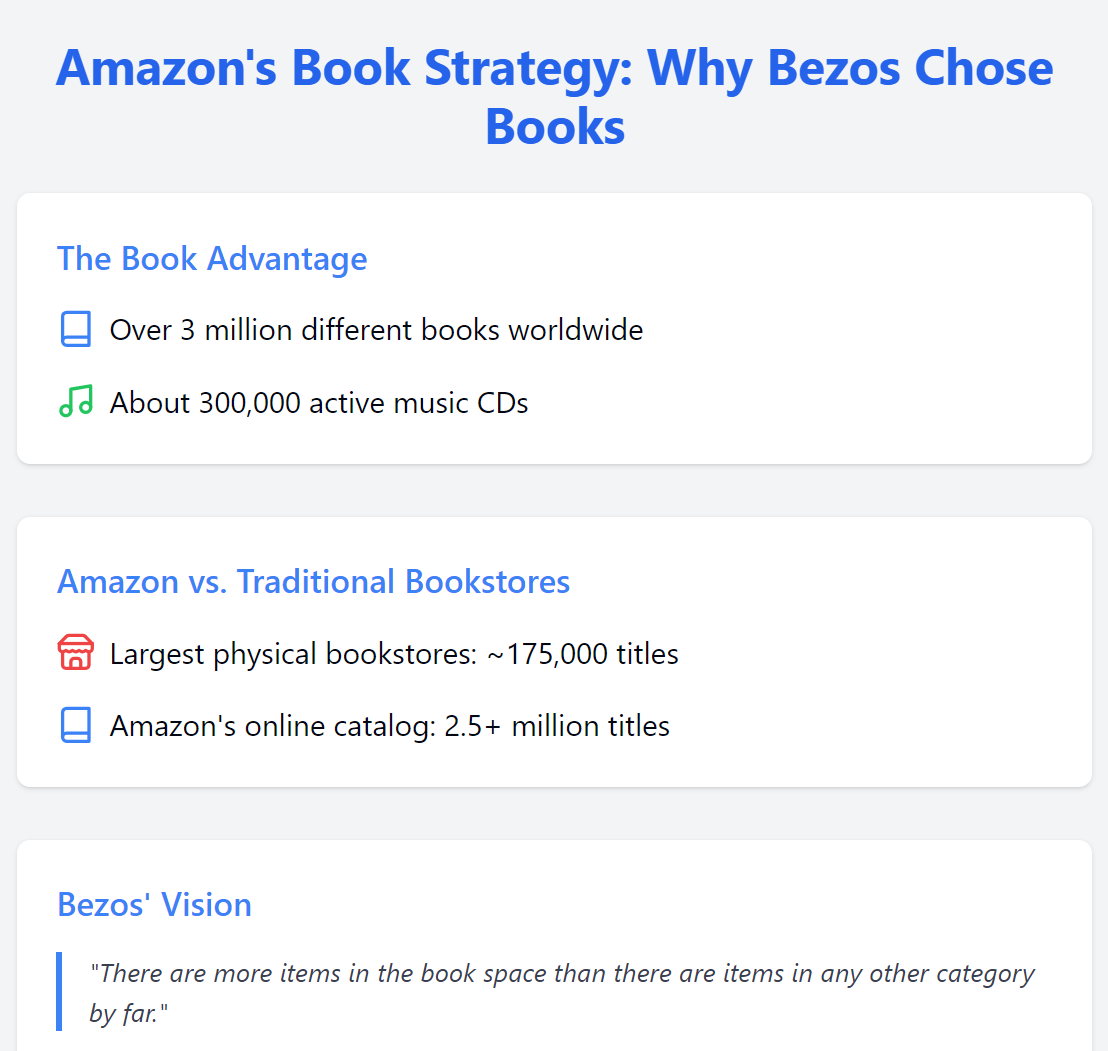
This decision, born from meticulous analysis, would lay the foundation for what would become Amazon.com.
Picture this: A converted garage in suburban Seattle. No insulation, just a pot-bellied stove for warmth. This was Amazon's first "office." Bezos recounts, "We had the place full of computers and other equipment and so we had then taken long extension cords and run them from every room in the house into the garage." It was so precarious that, as Bezos humorously notes, "my wife couldn't turn on a hairdryer... anything like that happened all the computers would turn off."
Ring the bell (Please make it stop!)
But perhaps the most telling detail of Amazon's early days was the bell. Bezos had programmed a bell to ring on every computer in the office each time an order came in. "It was very exciting to get an order," Bezos reminisced. But when Yahoo featured Amazon on their "What's Cool" list, the bell quickly went from motivational to maddening. "All of a sudden the Bell became extremely annoying," Bezos laughed, "and so we quickly unprogrammed that."

This transition - from cherishing each order to being overwhelmed by their volume - perfectly encapsulates Amazon's explosive growth. It's a growth that defied even Bezos' wildest expectations. In the early days, they tried to convince wholesalers to allow orders of less than ten books at a time. As Bezos admits, "We were convinced it would take months and months to get to ten books a day that we would be selling."
How wrong they were.
But perhaps the most intriguing aspect of Amazon's early days was Bezos' approach to customer service. He gave out his personal email address to customers and read complaints himself. Why? Because Bezos understood a fundamental truth about the internet:

This customer obsession became the bedrock of Amazon's culture. As Bezos puts it:

Even as Amazon grew, Bezos maintained this focus. He famously would forward customer complaints to his executives with a simple "?" - a silent but potent reminder that customer experience was paramount.
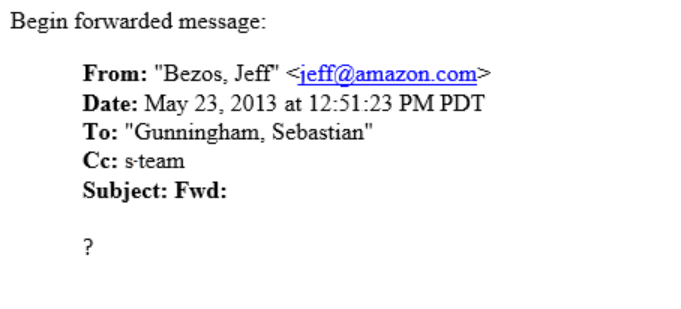
But Bezos wasn't just focused on the present. He was always looking to the future. "I firmly believe this is day one," he said. "This is a time when we know very little about e-commerce and very little about merchandising." This forward-thinking attitude drove Amazon to constantly innovate and expand.
AI and Amazon's Early Days
Even back in 1994, Bezos was already thinking about the potential of artificial intelligence. "I think of us in many ways as sort of a small AI company," he said. This forward-thinking approach is remarkable, considering that AI was still largely theoretical at the time. Bezos explained:

He went on to describe how they were using AI to personalize the customer experience: "We're starting to do things on our site now that aren't very visible like customize the homepage for particular customers using their past activity and their stated preferences to guide us." This early adoption of AI and machine learning techniques set Amazon apart and laid the groundwork for many of its future innovations.
The Rapid Rise to 1000 Employees
The speed of Amazon's growth is perhaps best illustrated by Bezos' own astonishment at their employee count:

This exponential growth brought its own challenges. Bezos acknowledged the difficulty in maintaining the company's entrepreneurial spirit: "When a company is doing well and it's growing rapidly that naturally tends to excite everybody in the company." He emphasized the importance of corporate culture in this rapid growth phase, stating, "Corporate cultures are incredibly important and they're one thing that can never be copied." Amazon's ability to scale so quickly while maintaining its core values and culture is a testament to Bezos' leadership and vision.
Leveraging the Internet's Unique Capabilities
Bezos was acutely aware of the internet's unique advantages over brick-and-mortar stores. He explained:

For instance, Amazon's vast catalog of 2.5 million titles was impossible in a physical store. "The largest physical bookstores... can only carry about a hundred and seventy-five thousand titles," Bezos noted.
It wasn't just about selection. Bezos saw the internet as a way to provide a personalized shopping experience at scale. "The goal is to enhance the discovery process," he said, adding, "We'll not just let readers find books but we'll let books find readers."
He envisioned using "advanced technology to dramatically improve the odds that you can find those books." This focus on leveraging the internet's unique capabilities - infinite shelf space, personalization, and data-driven recommendations - became a cornerstone of Amazon's strategy and a key driver of its success.
From a garage with a pot-bellied stove to a trillion-dollar behemoth, Amazon's journey is a testament to the power of vision, persistence, and an almost fanatical focus on the customer. As Bezos puts it:

Key Takeaways for Business Owners:
-
Spot and Act on Trends Early: Bezos saw the internet's explosive growth and acted decisively. Be alert to trends in your industry and be ready to capitalize on them. I'm impressed with the extent of his planning that he put in and the depth of research in 1994 on dial up internet.
-
Focus on Customer Experience: As Bezos says, "Obsession over the customer and a focus on customer service" is crucial. Happy customers become your best marketers.
-
Think Long-Term: Bezos wasn't focused on immediate profits, but on building a lasting company. He advises, "I'm going to try to make principle decisions, not business decisions."
-
Be Willing to Experiment: Amazon was constantly trying new things. As Bezos puts it, "We view amazon.com as an experimental laboratory."
-
Build a Strong Team: Bezos emphasizes, "Teams win, individuals don't." Focus on building a talented, motivated team.
-
Embrace Technology: Amazon was as much a tech company as a retailer. Use technology to improve efficiency and customer experience.
-
Be Humble and Paranoid: As Bezos learned from Andy Grove, "It pays to be paranoid." Never rest on your laurels.
-
Create a Strong Company Culture: Bezos notes, "Corporate cultures are incredibly important and they're one thing that can never be copied."
Remember, as Bezos says, "It's really hard to get even 10 people to love anything, but it's not hard if you spend a ton of time with them." Success in business often comes down to attention to detail and a relentless focus on your customers.
It's awesome how this converges with the advice from Paul Graham and what we shared about the Airbnb founders in the early days.
The Full Video
Postage Stamps
Hi! Postage stamps are a new hobby of mine, and I've decided to create stamps that reflect the articles I write. This way, I can look back over time and make an awesome collection of all the stamps.
To view all of the stamps, click here.
